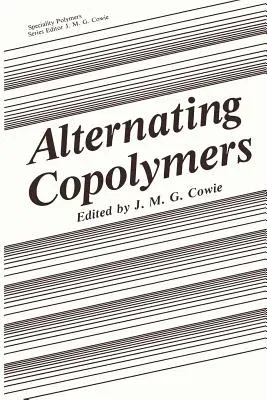Alternating Copolymers (Softcover Reprint of the Original 1st 1985)Paperback - Softcover Reprint of the Original 1st 1985, 22 May 2013

Qty
1
Turbo
Ships in 2 - 3 days
In Stock
Free Delivery
Cash on Delivery
15 Days
Free Returns
Secure Checkout
Part of Series
Specialty Polymers
Print Length
282 pages
Language
English
Publisher
Springer
Date Published
22 May 2013
ISBN-10
1475791410
ISBN-13
9781475791419
Description
Product Details
Book Edition:
Softcover Reprint of the Original 1st 1985
Book Format:
Paperback
Country of Origin:
NL
Date Published:
22 May 2013
Dimensions:
22.86 x
15.24 x
1.57 cm
ISBN-10:
1475791410
ISBN-13:
9781475791419
Language:
English
Location:
New York, NY
Pages:
282
Publisher:
Series:
Weight:
399.16 gm

